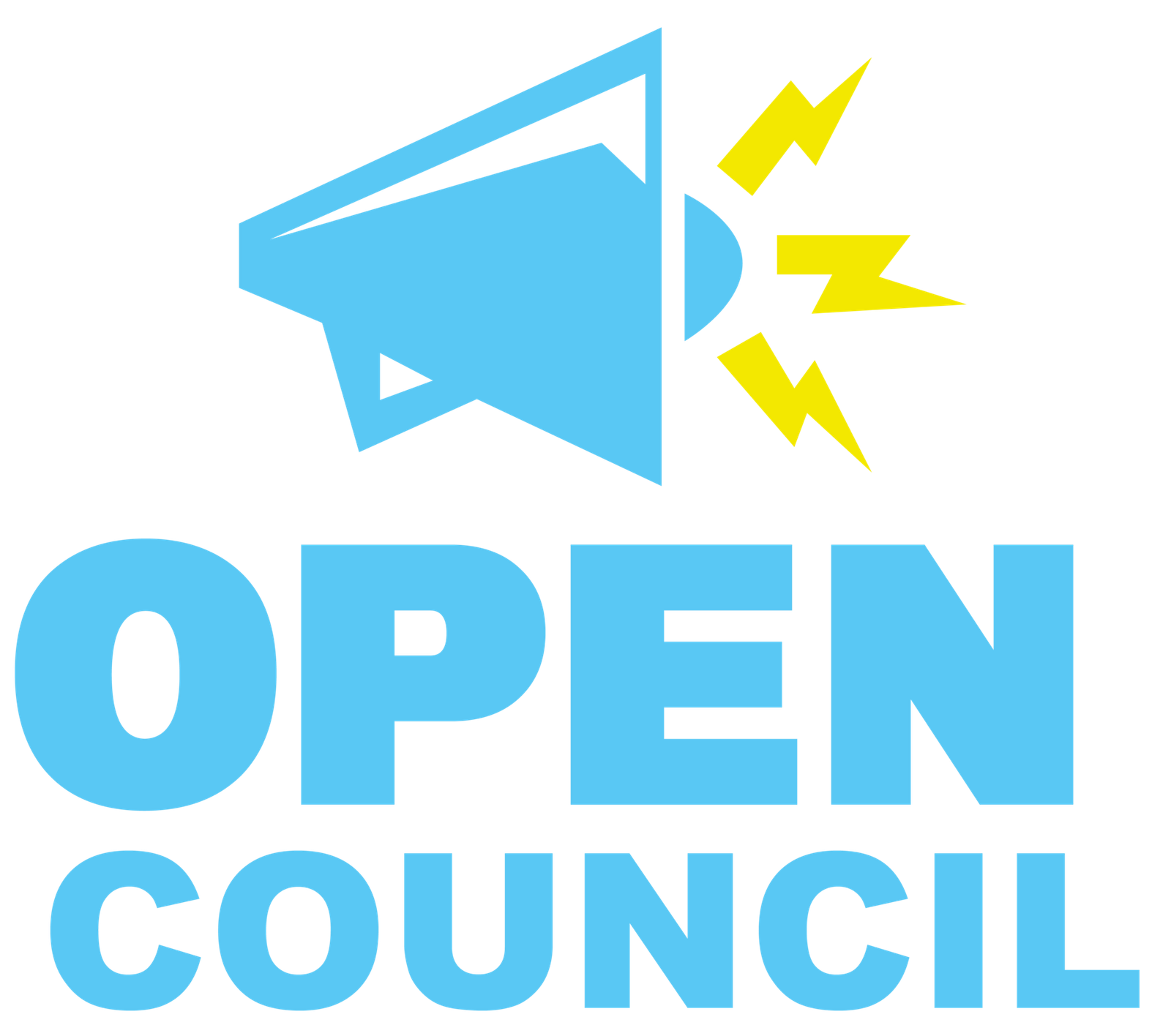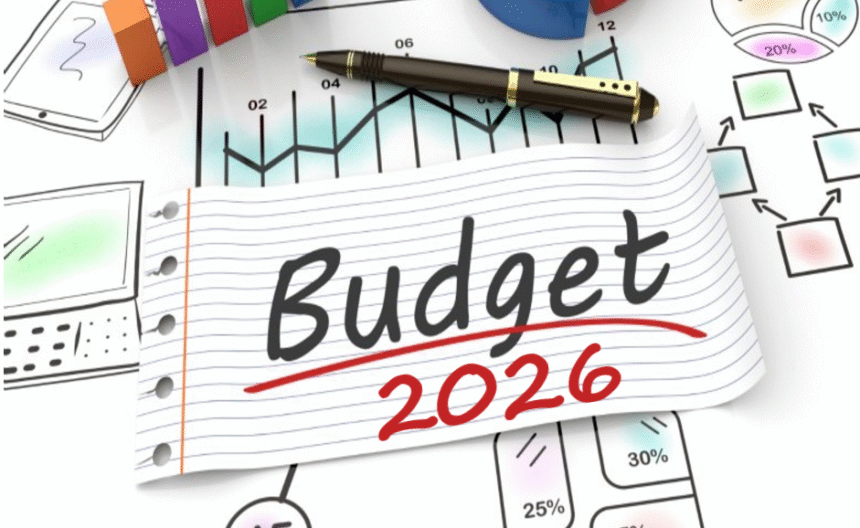By Correspondent
The Combined Harare Residents Association (CHRA) has dismissed Harare Council’s 2026 budget as unrealistic while water hikes have drawn anger from the residents.
In a statement David Pasipanodya, the CHRA Chairperson said they objected to the astronomic increase of water tariffs and several unrealistic proposals.
“While the Association acknowledges the Council’s efforts towards a consultative process, the budget fails to reflect the lived realities of residents.
“(It) overestimates the city’s capacity to deliver on its promises.
CHRA cited proposed water tariff hikes for high density areas of USD 2.00 from USD 1.24 for a kilolitre.
This translates to 61% increase.
For low density suburbs Harare has proposed an increment from USD1.70 to USD 4.00 per kilolitre.
This translates to 188% which CHRA says is unjustified in the absence of visible improvements in water supply.
“In South Africa, Johannesburg, the same amount of water cost USD 1.24.
“The water tariff hike is a threat to household water security.
“(Its) a deliberate strategic move aligned to the water privatisation agenda while aiming to isolate the urban poor from accessing water on the basis of affordability.
Litany of Ambitions
Also questioned is the budget’s projected 19% revenue increase to USD 690.8 million.
This, CHRA says, is overly ambitious given the current 50% revenue collection efficiency and persistent service delivery breakdowns.
“The local authority cannot continue to demand more from residents while failing to provide basic services such as clean water, waste collection, and sewer maintenance.
Despite Council offering conditional amnesties to residents owing it, CHRA says their is lack of clarity on the issue.
“On the ZWG 8.61 billion debt, with more than 60% owed by domestic consumers.
“The proposed ‘conditional amnesties” lack clarity and fairness.
“They will not work without a comprehensive, transparent debt management plan tied to service delivery performance.
The organization also questioned the recent infatuation with Public-Private Partnerships (PPPs) and external funding.
These it says, create dependence risks turning the City’s 2026 Budget into a “wish list” rather than a practical financial framework.
It also noted that Harare’s financial statements are only updated to 2021 a situation that undermines public confidence.
CHRA Demands
The civic organization has since called upon Council to prioritise service delivery improvements to rebuild trust and payment compliance.
“Publish a fair, transparent debt management plan that does not punish compliant ratepayers.
“Commit to financial transparency by clearing the audit backlog and publicly reporting progress.
“Implement a phased tariff model linked directly to measurable service improvements.
“Strengthen internal capacity in procurement and project management to ensure budget execution.



